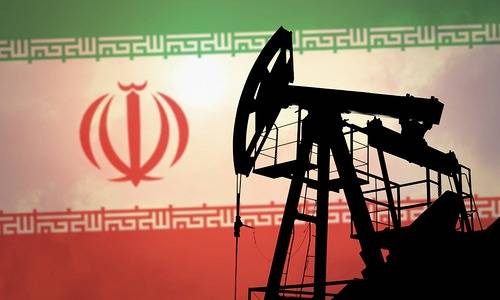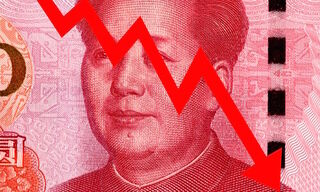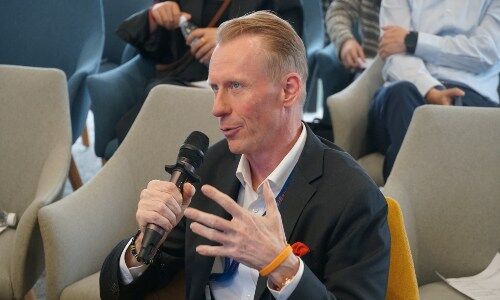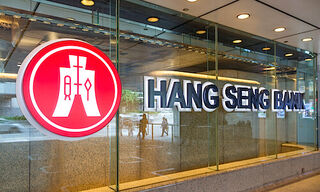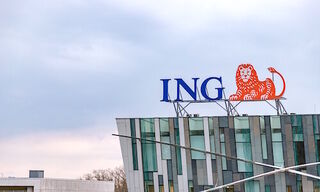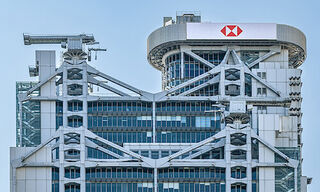The agreement between world powers including the U.S. with the government of Iran over the latters nuclear industry is removing hurdles to do business in the country of the mullahs.
«It is enough to be called Miranda to get into trouble in banking.» This joke by a Middle East expert prompted a knowing chuckle by the interested public at a recent conference in the city of Zurich. It refers to an age when the mentioning of «Iran» within a name might still trigger a compliance alarm.
Iran isn't a topic wisened bankers usually laugh about. After all, France's BNP Paribas were forced to pay a record $9 billion fine for breaking U.S. sanctions against the Shiite state. And Switzerland's Credit Suisse was brandished for financing terrorism and ordered to pay $536 million.
Little surprise then that Iran has been a no-go zone in recent years for increasingly risk-averse banks.
Exploratory Stage
With relations thawing and the resumption of trade in the pipeline, financial services companies are eager to explore ways to open a market that has been sealed off for years. After all, with trade comes the flow of money and with an oil-rich country of 78 million inhabitants potential demand for the management of wealth.
Beat Wittmann (pictured below), a former UBS and CS banker and owner of consulting company Porta Advisors, travelled to the Gulf country in a bid to explore the potential. In his travel report, made available to finews.ch, Wittmann describes «unique» chances in Iran, which he sees as the biggest and most attractive investment opportunity among emerging markets.
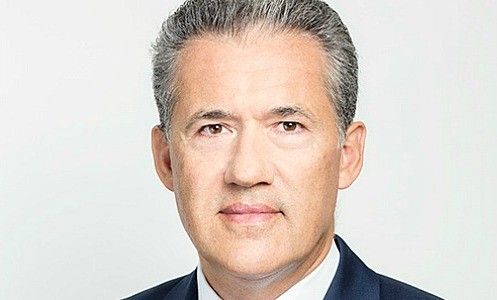
Iran harbors 4 percent of the world's mineral ressources, the second-biggest gas and the fourth-biggest oil reserves. The country projects economic growth of 5.5 percent in 2016 – in short, a country worth checking out from a business perspective.
Some Sanctions Will Remain
However, there are serious doubts about the feasibility of such business plans. «Even after the implementation of the JCPOA-agreement, several Iranian organizations will remain under the economic sanctions regime,» said Jonathan Friedman (pictured below), Iran-expert at the U.S. investigation firm Stroz Friedberg, in an interview with finews.ch. Stroz Friedberg has a branch in Zurich. JCPOA is the accronym for the Joint Comprehensive Plan of Action, the agreement between global powers and Iran.

The Republican Guards, predominant security guarantor for the regime, control as much as a quarter of the Iranian economy, according to Friedman. The guards will remain sanctioned. To exclude contact with the guards while doing business in Iran will require extensive due diligence, pushing up operating costs.
Reputation Risks
The Stroz Friedberg representative also said that the Iranian banking sector, state-dominated and little transparent as it is doesn't conform to international standards, making the cooperation with Swiss banks truely challenging.
Swiss banks will also have to consider the potential risks to their reputation from operating in Iran, Friedman said. A strong contingent of the U.S. establishment remains fervently opposed to any easing of sanctions, not least because of the long-standing bonds with the state of Israel, which to this day is keeping all options on the table of how best to prevent Iran from doing harm to Israel.
Whether Swiss financial institutes are thus willing to risk business with Israel and the U.S. for the sake of the uncertain promise of an emerging market remains to be seen.

